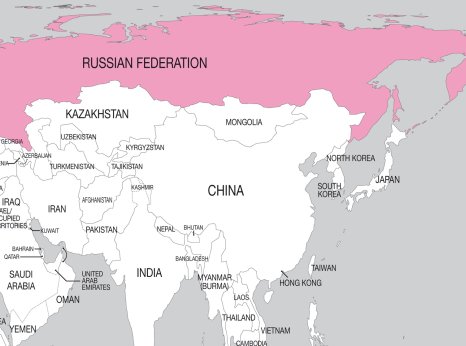Russian Federation: Russia, release Aleksei Gorinov!

Aleksei Gorinov was the first person to receive a prison sentence for spreading “false information” about Russia’s Armed Forces (Article 207.3 of the Criminal Code) simply for calling the “special military operation” in Ukraine – “a war” and stating that children were dying in it. On 8 July 2022, the Meshchansky District Court of Moscow sentenced the municipal councillor of the Krasnoselsky District, to seven years in prison. Aleksei Gorinov was indicted for a statement he had made about Russian aggression in Ukraine during a council meeting on 15 March. He spoke about the deaths of Ukrainian children resulting from the war, which the Russian authorities continue to describe as a “special military operation.” He was exercising his right to freedom of expression.
While in detention, Aleksei Gorinov has been repeatedly placed in SHIZO (penal cell) for alleged minor violations of prison rules. In detention, he fell ill due to respiratory problems, exacerbated by the fact that a part of his lung had been removed several years earlier. Prison authorities denied him adequate health care and instead forced him to clear snow outside.
On 9 December 2023, more than 240 health professionals sent an open letter to President Vladimir Putin raising concern over Aleksei Gorinov’s health and calling for him to be provided with the necessary healthcare. Later in December, he was transferred to a prison hospital where he was held for more than three months.
In April 2024, after being sent back from prison hospital to a penal colony in Vladimir, Aleksei Gorinov reported that the prison authorities had placed him under a suicide and self-harm watch. In a message, Gorinov assures that he "would never voluntarily end his life" as he perceives "life as a gift from the Universe". He further underlines that he still has plans and important matters to do. He ends his message with "Please keep this in mind in case something happens to me suddenly." He also sent a complaint to the court concerning how the prison guards used to wake him up during the night and tried to pressure him. In the end of April, after being transferred to Vladimir pretrial detention centre, he was no longer bothered during the night.
On 13 September 2023, the Russian authorities opened a new investigation against Aleksei Gorinov accusing him of “justification of terrorism” for discussing an alleged Ukrainian attack on a bridge in Crimea, and the Azov Regiment of the Ukrainian Armed Forces (which has been designated as a “terrorist organization” in Russia). The preliminary hearings under this charge are expected to start on 19 November 2024.
Articles 207.3 and 280.3 of the Criminal Code of the Russian Federation are also known as the “war censorship laws”. Introduced in March 2022, they criminalize criticism of Russia’s aggression against Ukraine, and of war crimes committed by Russian forces, as “fakes” and “discreditation” of the Russian Armed Forces and carry a maximum sentence of 15 years’ imprisonment. In October 2024, Amnesty International shared with the Russian authorities, that it collected 330,000 signatures worldwide demanding that the Russian authorities repeal its war censorship laws, and releases everyone imprisoned solely for criticising the war in Ukraine.
In February 2024 Amnesty International documented the disturbing escalation in the abuse of vague anti-terrorism and anti-extremism legislation in Russia since the beginning of Russia’s full-scale invasion of Ukraine. Hundreds of individuals were convicted under “justification of terrorism” charges for merely discussing or expressing sympathy towards specific actions or entities arbitrarily designated as “terrorist” by the Russian authorities. Following the full-scale invasion of Ukraine by Russia, expressions of sympathy for Ukraine – such as displaying contentment about its military successes or support for the Ukrainian military units consisting of Russian volunteers – became enough for such persecutions. Amnesty International is calling for Russia to review its anti-terrorism and anti-extremism legislation and to bring it in line with Russia’s international human rights obligations and to ensure that it cannot be used to criminalize and prosecute peaceful dissent or otherwise violate the rights to freedom of expression, peaceful assembly and other human rights. Amnesty is also calling for the Russian authorities to immediately acquit, or drop, unfounded terrorism and extremism related charges against every person arbitrarily convicted or prosecuted under these charges, and release them unless they are charged with an internationally recognizable offence.